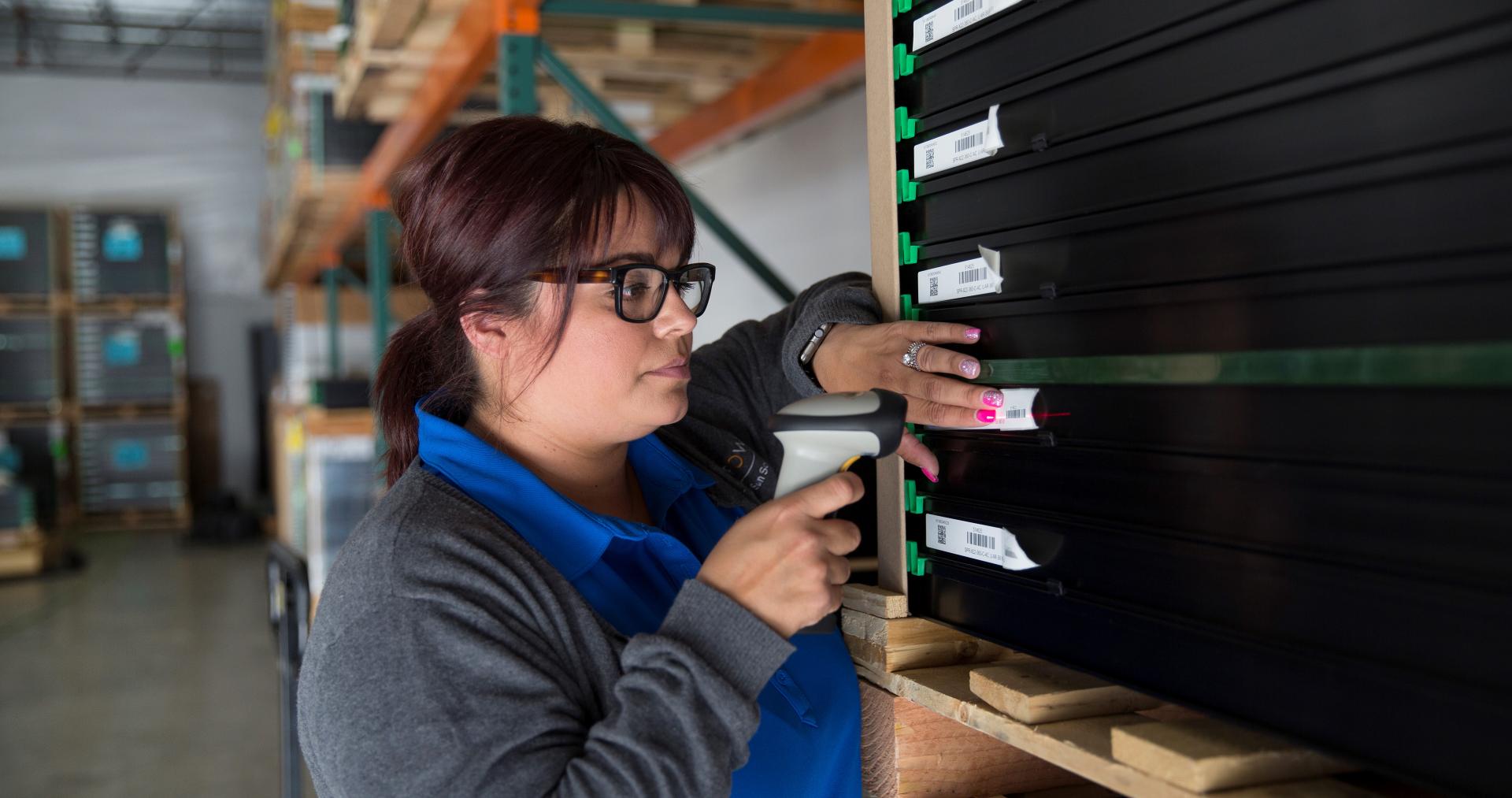Prioritizing Supplier Diversity in the Solar Industry

Ensuring diversity, equity and inclusion within all sectors of the solar industry is a crucial part of managing our growth. Supplier diversity is a key element of this, and in light of COVID-19-related supply chain disruptions, expanding the supply chain to include businesses owned and operated by a diverse staff can be part of the solution.
Image Courtesy of SunPower
Ensuring diversity, equity and inclusion within all sectors of the solar industry is a crucial part of managing our growth. Supplier diversity is a key element of this, and in light of COVID-19-related supply chain disruptions, expanding the supply chain to include businesses owned and operated by a diverse staff can be part of the solution.
Last year, SEIA issued a #DiversityChallenge to the energy industry to encourage our companies to make diversity and inclusion a core part of their cultural identity. To further promote the adoption of diversity and inclusion goals within the solar industry, SEIA is releasing a Supplier Diversity Guide to help our member companies begin tracking the demographic diversity of their suppliers .
While the solar industry grapples with the impacts of COVID-19, supplier diversity will be an important opportunity for companies to add local economic value by encouraging the growth of diverse businesses, which typically encounter additional barriers, like access to capital and networking opportunities.
The Supplier Diversity Guide takes companies step-by-step through the process of collecting data from vendors and modifying their accounting systems to track this new information. While many states require utility companies to submit supplier diversity information as part of an annual reporting process, it is less common for renewable energy suppliers to be mandated to do so.
However, there is increasing interest by utility commissions in collecting this information, and SEIA’s Supplier Diversity Guide provides an opportunity for businesses to take proactive steps in implementing diversity programs in their supply chains.
Illinois is the only state that has mandated all suppliers of wind and solar energy to report on diversity, which includes all procurement goals and spending for female-owned, minority-owned, veteran-owned and small business enterprises.
The California Public Utilities Commission (CPUC) originally issued an order that requires all investor-owned electric, gas and water utility companies with gross annual revenues over $25 million to implement procurement goals for women-owned businesses, minority-owned businesses and California-based veteran-owned businesses. In 2019, the order expanded to encourage voluntary supplier diversity reporting from distributed energy resources like solar energy.
Supplier diversity is a growing opportunity for energy companies to evaluate their supply chains and make changes to better represent the diversity of our customer base and the communities we serve. As more states adopt supplier diversity requirements for renewable energy providers, SEIA’s Supplier Diversity Guide aims to help companies take this important step to prioritize diversity in all facets of the industry.

